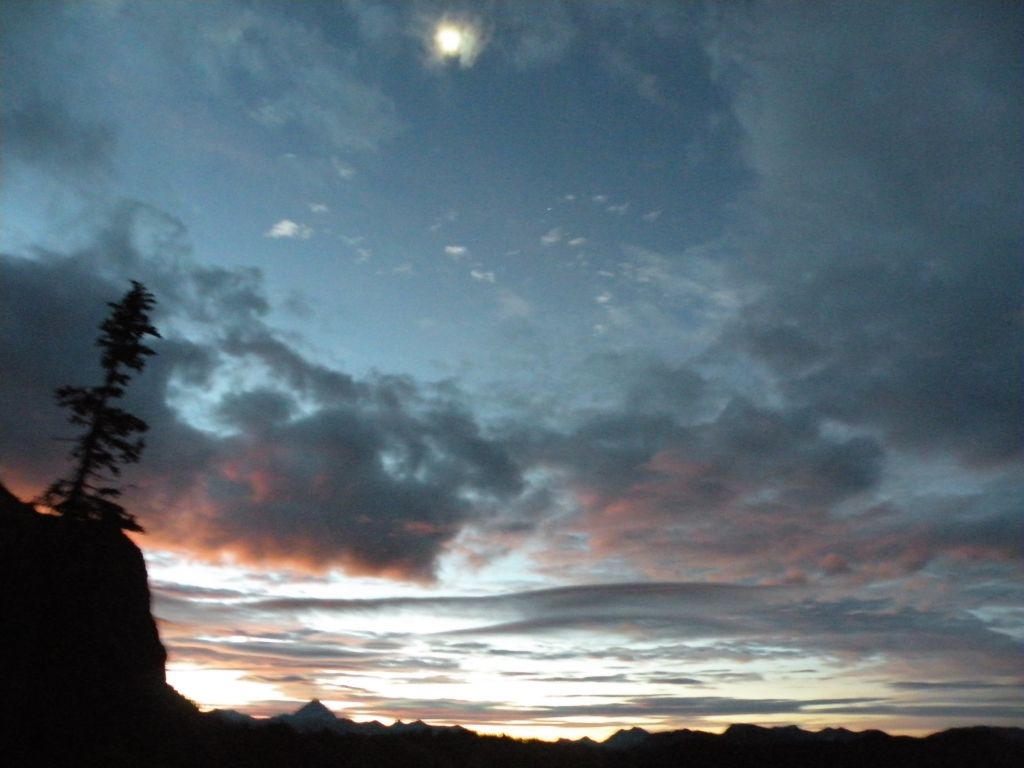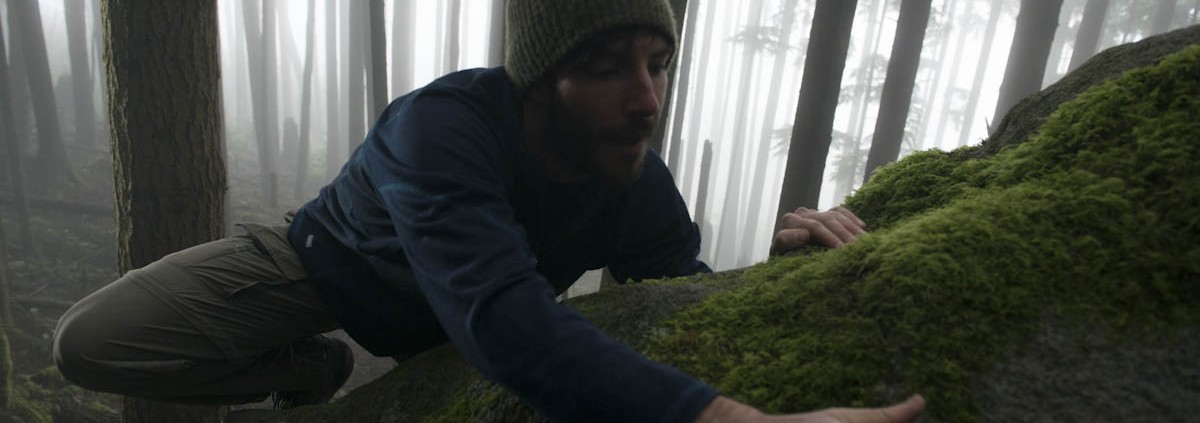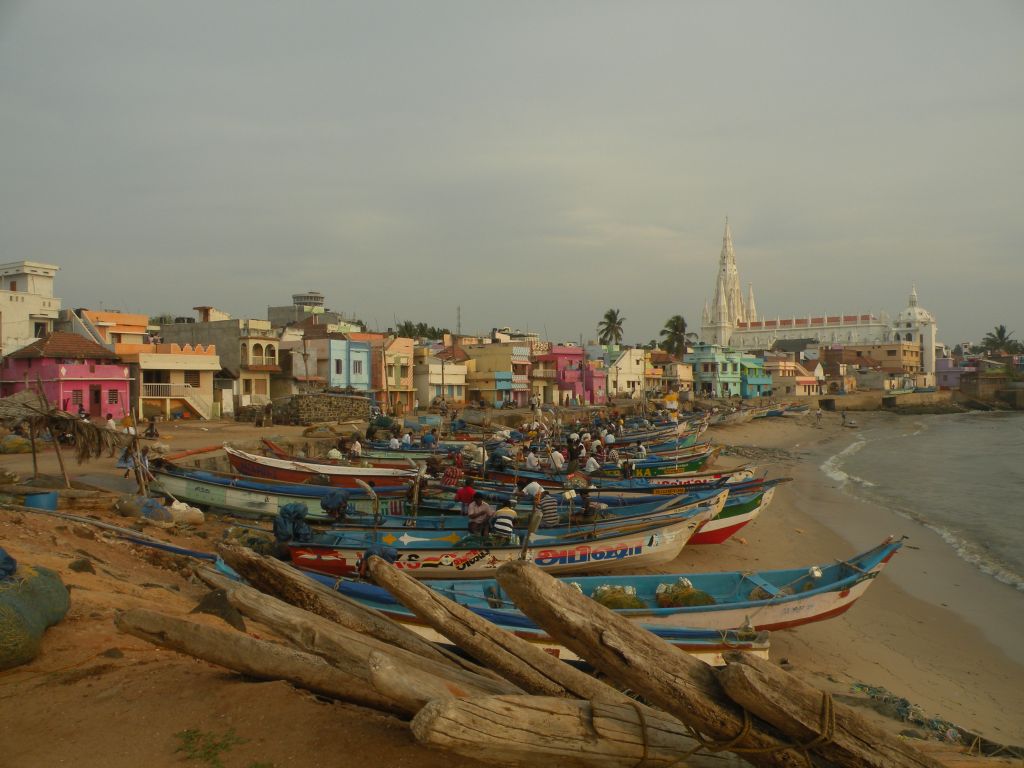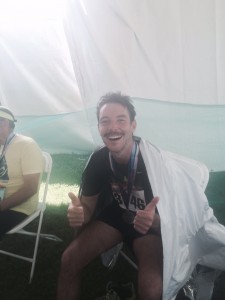Internal vs. Projected Reality
As I get deeper into art, music, and writing, and start sending those things off into the world, I find that I need to hone my online persona more and more. This is totally natural and makes sense w/r/t having a business and putting on a face strangers feel comfortable interacting with. Cool. But it’s also weird. And it’s not just people who sell or promote creative work who do this. Everyone is doing it all the time. We’re constantly refining our outward-facing “personalities”, while increasingly using those as a primary form of interaction. We cultivate accounts on Facebook, Twitter, Instagram, OKCupid, LinkedIn, and all sorts of other things that I don’t even know about because I’m a major Luddite. (Although I did just replace my 2006 MacBook with a super fancy new one, and now I feel like I’m in the future.)
One of the addictive aspects of all these social media is the ability and necessity to constantly “improve” upon our personas. It used to be that the best way to express how awesome you were was to have a witty answering machine message and to wear a cool T-shirt. The T-shirt thing might still get some traction, but now we can post amazing photos online with all sorts of cool filters that make us look artistic with the click of a button. We can share all the major highlights of our lives while leaving out the monotony of the moments and the moments between moments.
And people consume these things. Right now, you’re reading a piece of writing that I’m creating while enjoying a beautiful sunny day in Seattle, drinking an inspiring cup of hot chocolate, and buzzing from a great weekend spent with old friends. It’s edited. It’s something I’ve thought about for a long time. I’m not telling you about the poop I had this morning (but oh man, I could…), or how I broke my nose last week (don’t worry, it’s mostly healed), or how I got bored the other night and kind of wanted to go out and hang out with friends but was a little bit too tired. These are the moments that make up most of our lives.
Increasingly, we’re consuming exclusively the highlights of other people’s lives. But our internal reality hasn’t changed. We’re still people, and we have ups and downs and all-arounds. We get sad, we get happy, we get bored and we get inspired. The hard part is that now we’re perpetually comparing the internal reality of being human to the projected, selected, quasi-reality of being awesome all the time. We have enough friends on Facebook to make it seem like everyone is constantly going on epic backpacking trips, taking fantastic photos, traveling to far-away worlds, having beautiful weddings, and popping out adorable babies. Well, these things don’t happen that often. Most of the time we’re not missing out on anything.
Clearly we don’t want a constant news feed of the mundane. But it would probably be healthy for us to acknowledge it more often, and maybe to see a more true-to-life relative frequency between “Just had the time of my life!” and “Spent the last half-hour masturbating, it went pretty well!” We are all full of insecurities and boredom and uncertainty, and those things are great sometimes. They should be celebrated within ourselves, and they need not be compared with other people’s highlights. It is easy to fall into a trap of impossible expectation, jealousy, or just feeling kind of bummed that amazing things are happening to everyone but us. Instead of getting down, let’s use those moments as inspiration to do more and to be more true to our hearts. But most of all, let’s remember that there’s big difference between our own internal realities and the realities people project out into the world.
We’re OK.








